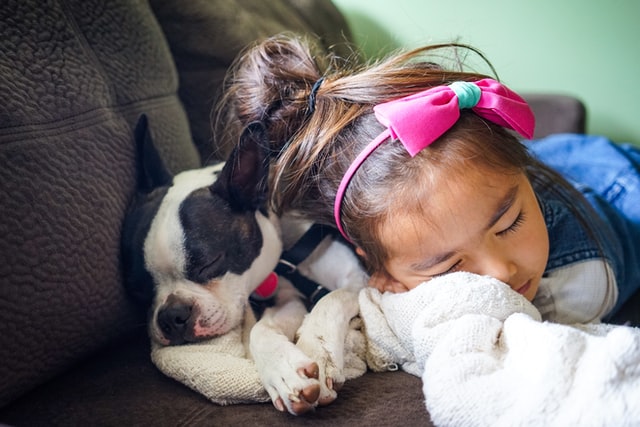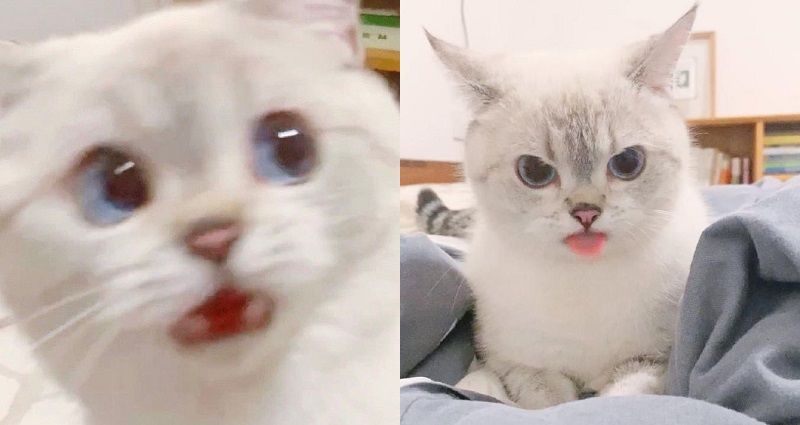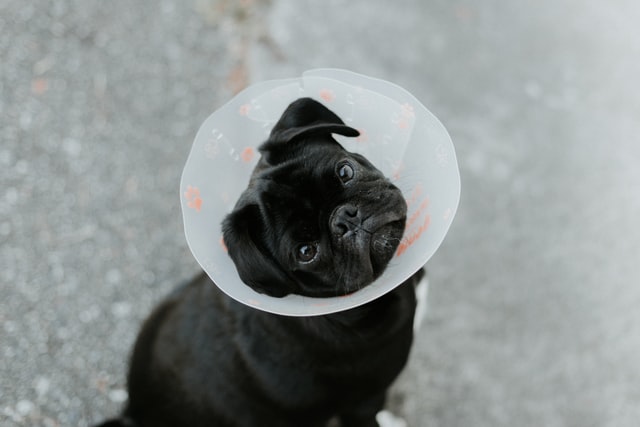Happy birthday! Pandemic lockdown pets are turning one this year.
In the UK 3.2 million households have purchased a pet since the start of the pandemic. Meanwhile, in the US 50% of millennials have considered getting a pet in lockdown.
 Everyone’s best friend. But a puppy is for life, not just for a global pandemic.
Everyone’s best friend. But a puppy is for life, not just for a global pandemic.
This seems to be the case in China, as pet ownership is on the rise. But unlike the US or UK, it’s not only lockdown loneliness causing a boom.
Before the pandemic began, online sales in the pet industry were more than 30 billion yuan ($4.3 billion).
More disposable income and later (or no) marriages have caused pet ownership to become a more accessible lifestyle choice for younger generations.
 Are fur babies the future?
Are fur babies the future?
But with many more folks choosing to become animal owners, what happens to these pets post-pandemic? The internet will play a part, that’s for sure.
Animals have become a new angle for brands to capture the hearts (and paychecks) of young people. Animal brand ambassadors appear in heartwarming and humorous online campaigns for major Chinese brands.
In 2020, live streaming mega-star Li Jiaqi included his poodle pup in an animal-themed eyeshadow palette for a collaboration between Perfect Diary (完美日记) and Discovery Channel.
 Smile! Never the puppy promoting Li Jiaqi’s pallete
Smile! Never the puppy promoting Li Jiaqi’s pallete
Never the Puppy already had a large fanbase from regular appearances on Li’s live streams. Fans spontaneously created hashtags to promote the palette helping monthly sales to hit 85,000.
Overall, pet livestreaming on platforms like Douyin and Taobao have increased by 375% year on year.
Pet accounts that include funny voiceovers, captions and plots are most popular. In 2020, Nana the Cat went viral on social media site Weibo for her cute facial expressions.
 Nana = 2021 mood.
Nana = 2021 mood.
But with an increasing focus on emotive animal stories, the welfare of Chinese pets is now in the spotlight.
Last year dogs and cats became classed as “companion animals”. Yet, pet products sold online are largely unregulated.
With online sales soaring, unregulated sellers looking to cash in on the growing market have caused concern about the safety of animal health products and medicines.
The director of a leading pet food brand said in 2020 that China has a shortage of qualified vets and pet health experts.
Although younger people are more conscious of their pet’s wellbeing, it is clear that if China’s pet industry continues to grow online, protection for pets is essential.
With millennials and Gen Z spending more time and money on their pets, the industry will need to ensure that cuteness does not come at the price of safety.
[zombify_post]



0 Comments